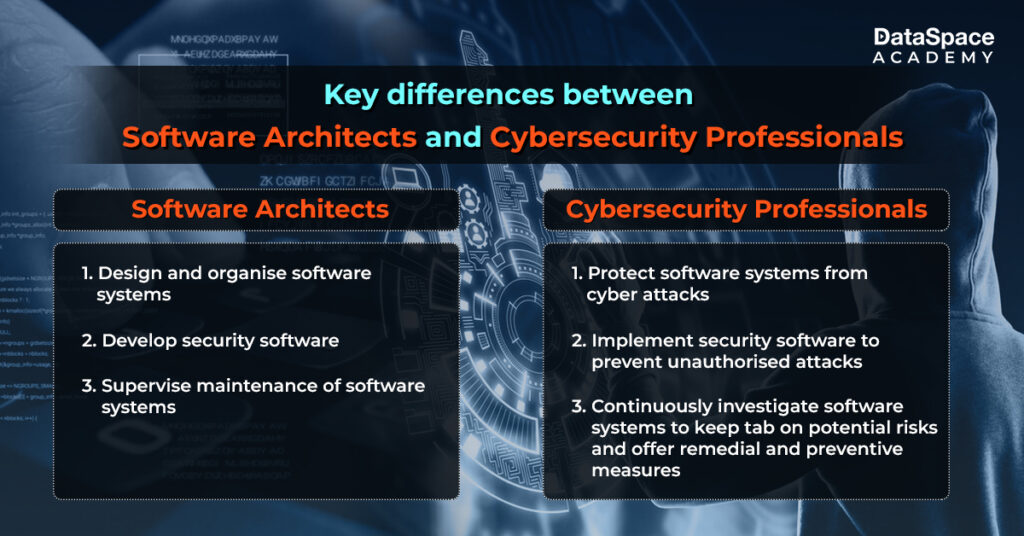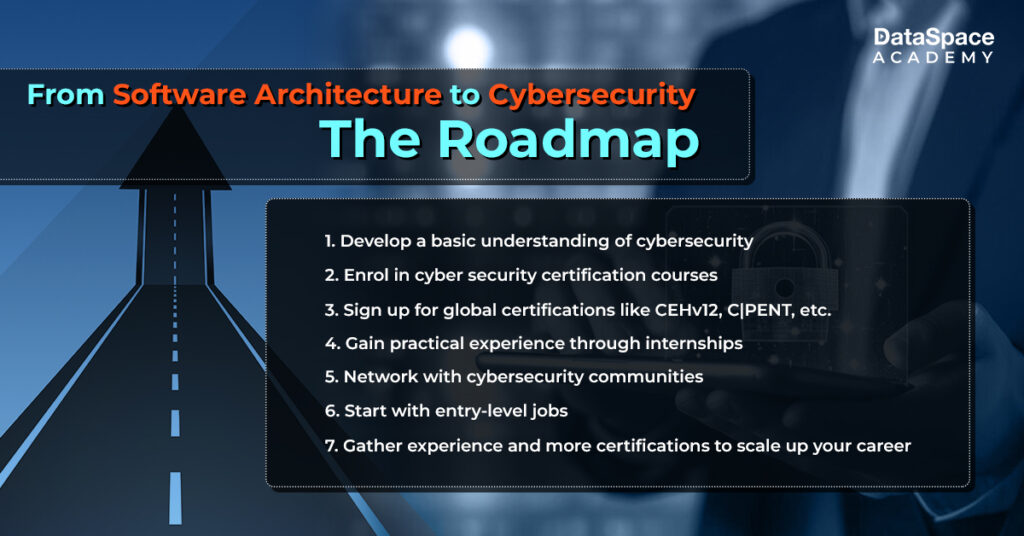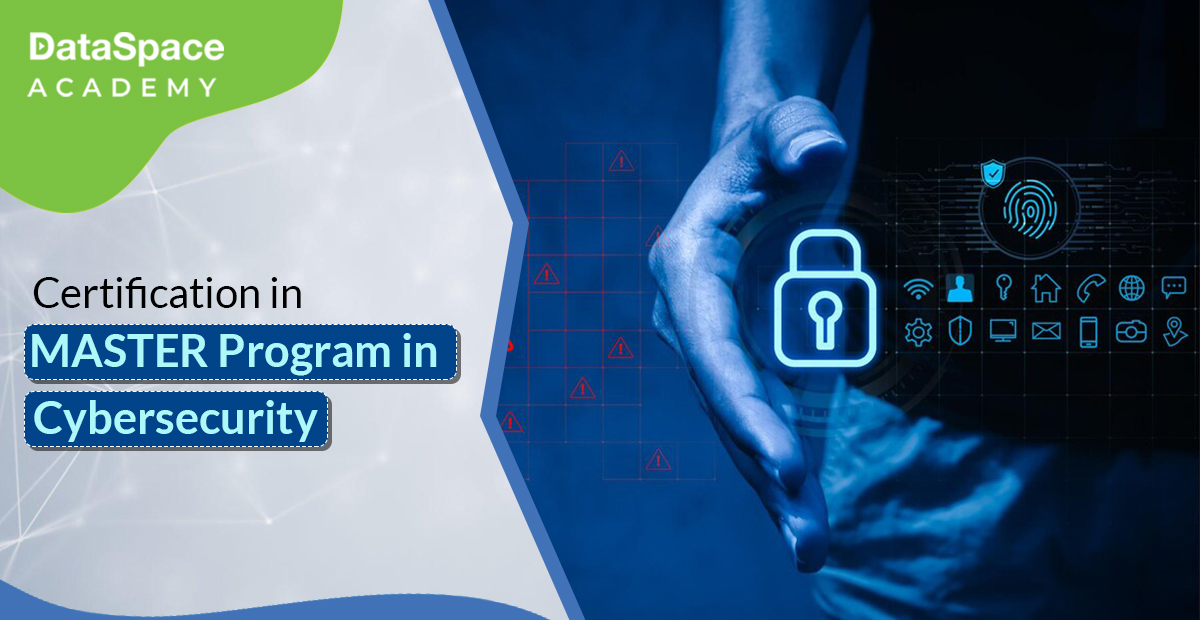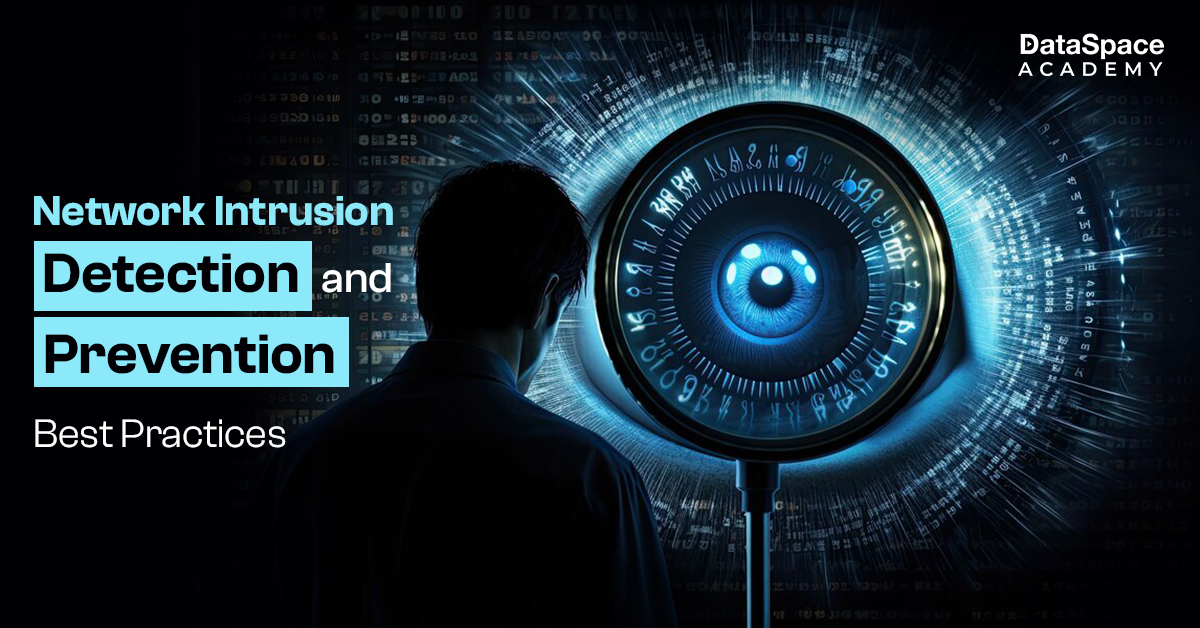Career Change to Cyber Security - From Software Architecture to Ethical Hacking
Last Updated : 08 Jan, 2024
 1.36L
1.36L

Introduction
By the end of 2024, cybercrimes will cause $9.5 trillion in losses. (Source: www.forbes.com)
The alarming figure above implies one thing – everyone has to step up their respective cyber security measures to build a bulletproof cyber architecture. Likewise, businesses are scaling up their cyber security game, fuelling rising demand for cybersecurity professionals. In other words, cybersecurity is one of the most in-demand and high-paying career options today. The average cyber security salaries in india is around ₹6.0 LPA which can reach up to ₹11.0 LPA and more. Interestingly, professionals from other domains, say software architecture, can also consider a career change to cyber security for better opportunities.
The post below offers a guide on how software architects should transition to a career in cybersecurity.
Why Cybersecurity As A Career?
There are many reasons to transition to build or change career to cyber security:
- Booming scope of cyber security career in india and the world
- The cybersecurity job sector is predicted to have around 3.5 million openings by 2025 (https://www.forbes.com/)
- Aspiring professionals will be able to choose from a long list of cyber security jobs in India, such as Cybersecurity Engineer, Penetration Testing Security Engineer, Security Architect, Cybersecurity Analyst, Network Security Manager, and more
- The cybersecurity salary could reach up to ₹ 24 LPA
- Cybersecurity professionals have openings in a wide range of industries, including tech, finance, and healthcare. These professionals are also hired in the military, automobile, logistics, finance, and so on.
In reality, a software architect in cybersecurity is a rare find. These professionals understand the essentials of software development and can fix the vulnerabilities within the system.
Cyber Security vs Software Architects: Head-to-head Comparison

Software architects are responsible for designing and organising the structure and components of a software system. They focus on creating systems tailored according to the requirements of the user-organisation.
On the contrary, cyber security focuses on protecting the software system and its underlying infrastructure from external or internal threats and unauthorised access. It runs several protective measures and practices for protecting the system from malware, hacking, data breaches, etc.
Both software architecture and cybersecurity are critical domains in the IT sector, but cybersecurity stands out among these two. A zero-threat cyber-safe strategy is essential for businesses to maintain their reputation, protect assets, and establish a secure environment for their customers.
Software architecture, although important for system design and development, has to depend on cybersecurity practices to ensure seamless performance of the software systems.
Why do Software Architects need to Understand Cybersecurity?
To ensure seamless user experience
The primary job of a software architect is to design and organise the structure and underlying components of a software system. They have to ensure that this software architecture stays free from vulnerabilities – while maintaining a seamless user experience with a high level of protection and vigilance.
Know-how to protect software systems
Every 1 in 3 days, a software system is targeted by malware, ransomware, and potential unpatched vulnerabilities. When a software architect is equipped with sound cybersecurity know-how, s/he is better equipped to safeguard software systems from cyber threats.
The cyber security training courses train them to implement security measures like input validation, secure authentication, and proper error handling – right from the development phase. This reduces the likelihood of potential vulnerabilities, preventing hackers from exploiting them.
Faster incident response
Cybersecurity training also empowers software architects to respond faster and more effectively to an incident or a vulnerability discovery. They will be able to quickly analyse the root cause, develop patches or fixes, and implement necessary changes to resolve the issue. Rapid response minimises the exposure window and helps maintain the software’s integrity.
Roadmap for career change to Cyber Security
For someone with a background in IT or computer science, it will need less time to acquire the necessary skills and knowledge in cybersecurity. Generally, anyone entering the cybersecurity domain should start with entry-level cybersecurity certificate programs.
Over time, the software architect should sign up for global certifications as offered by CompTIA Security+ or EC-Ciuncil, such as CEH. Anyone can join these courses after graduation for a high salary.
Once completed, they can switch to more advanced specialities like Advance Penetration Testing or Cyber Forensics.
Here is a detailed roadmap for building a career in cybersecurity:

1. Start with the foundation
Begin by understanding the basics of cybersecurity, including the different types of attacks, threat modelling, and defence mechanisms. You can do this through online courses or books on the topic.
2. Get certified
Enrol in certification courses in cybersecurity, such as Certified Ethical Hacker (CEH), Certification In Ethical Hacking, Cyber Security Essential Program, or CompTIA Security+. The industry-leading certifications will validate your expertise in cybersecurity before employers and help you land a respectable job in the domain.
3. Sign up for specialised coursesz
After learning the fundamentals of cybersecurity, it’s time to shift to cyber security specialisations, such as penetration testing, incident response, or risk management.
4. Sign up for global certifications
As you level up, aim to earn global certifications in cybersecurity such as C|PENT, CEHv12, C|SA, C|ND, and so on. The global certifications are offered by two esteemed bodies, EC-Council and CompTIA. These globally-recognised certifications will open up opportunities for you all across the world.
5. Get hands-on experience
Gain practical experience by working on security-related projects or contributing to open-source security tools. Also, you could participate in bug bounty programs or hackathons to gain practical experience and develop your skills.
6. Apply for jobs
Look for entry-level cybersecurity roles or internships to gain more experience and continue learning on the job. Network with cybersecurity communities or attend conferences or meetups. Regular networking is an excellent way to connect with professionals in the field and stay up-to-date with the latest industry trends.
However, cybersecurity is an ever-evolving world. Industry professionals must continuously learn to stay updated about the latest technologies and threats in the cyber world.
Wrapping Up
A career change to cyber security could be highly rewarding for software architects Multiple businesses are hiring cyber security specialists to safeguard their networks and systems from hackers. If software architects aspire to build a career in cyber security, they should enroll in a leading cybersecurity training academy. DataSpace Academy is a leading in the cybersecurity training world and offers courses for learners of all levels. The academy also extends internship opportunities to help learners develop practical skills for the real world.
Frequently Asked Questions (FAQs)
Q1: Is there a difference between cybersecurity and software architecture?
Ans: While software architecture focuses on designing a software system, cyber security focuses on protecting it from hackers.
Q2: What are the most important skills for a career in Cybersecurity?
Ans: A sound base on controls and frameworks, scripting, network security control, and threat knowledge are highly important skills for cyber security professionals.
Q3: How can I transition from software architecture to cybersecurity?
Ans: The field of cybersecurity demands a solid base in computer programming. Your experience in software architecture will help you to grasp these major cybersecurity topics faster. like computer programming and software systems.
Q4: What are the most common job roles in Cybersecurity?
Ans: Some common cyber security roles are cyber security analysts, security architects, penetration testers, and computer forensics analysts.
 1.36L
1.36L





































































































